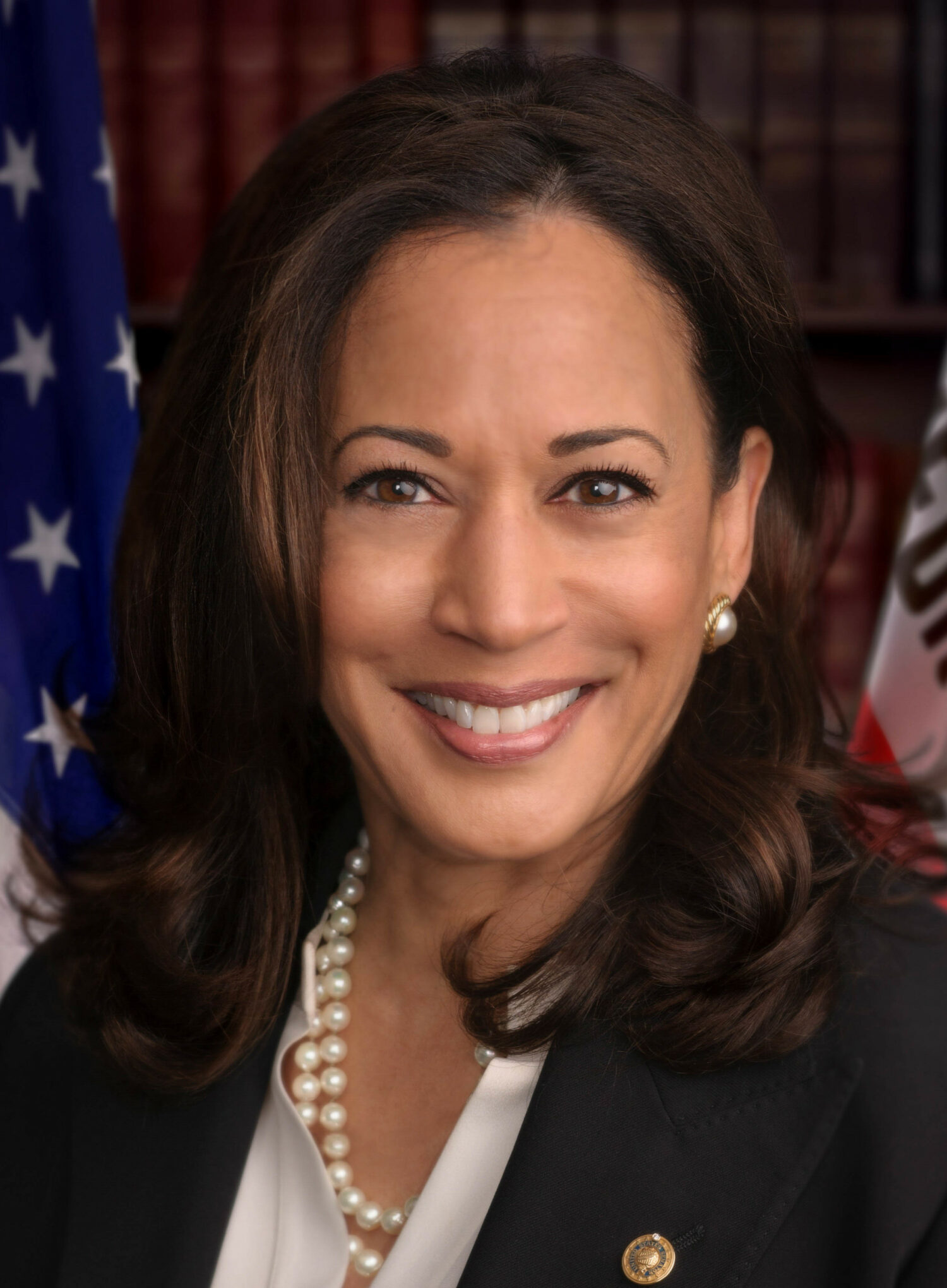
What You Should Know:
VP Kamala Harris unveils a $1.5B investment in national health service corps and nurse corps will expand and diversify the health workforce and improve critical clinical care in underserved communities.
On Monday, Vice President Kamala Harris announced a $1.5 billion investment to help grow and diversify the nation’s health care workforce, and bolster health equity in the communities that need it most during the COVID-19 pandemic and in the years to come.
Today’s announcements directly respond to the recommendations of the Presidential COVID-19 Health Equity Task Force, which submitted its final report to the White House COVID-19 Response Coordinator earlier this month. During the Vice President’s final year in the Senate, she introduced a bill that became a blueprint for the President’s formation of this Task Force—recognizing that the perspective of public health experts, practitioners, advocates, and activists would be critical to support any federal effort to center equity in our pandemic response.
These awards are supporting the National Health Service Corps, Nurse Corps, and Substance Use Disorder Treatment and Recovery programs. These programs address workforce shortages and health disparities by providing scholarship and loan repayment funding for health care students and professionals, in exchange for a service commitment in hard-hit and high-risk communities.
The funding will support:
– Over 22,700 providers—the largest field strength in history for these programs and a record number of skilled doctors, dentists, nurses, and behavioral health providers committed to working in underserved communities during a moment when we need them the most.
– Expansion of primary care, the Administration also plans to begin awarding $330M in American Rescue Plan funding for Teaching Health Center Graduate Medical Education. This additional funding will further support the expansion of the primary care physician and dental workforce in underserved communities through community-based primary care residency programs in family medicine, internal medicine, pediatrics, internal medicine-pediatrics, psychiatry, obstetrics and gynecology, general dentistry, pediatric dentistry, or geriatrics.